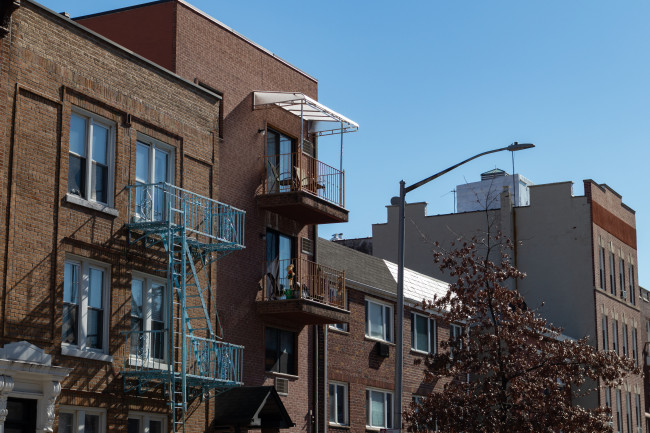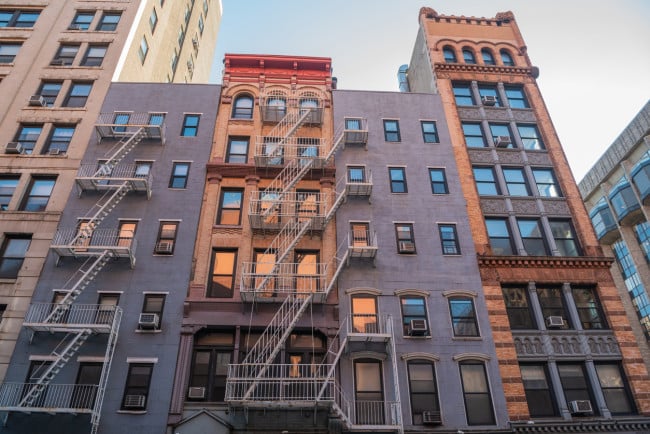Will my NYC rent-stabilized apartment be deregulated if the building is sold?

Your apartment will remain stabilized despite the building's change of ownership.
iStock
I live in a rent-stabilized apartment and the building was just sold. Will my apartment be deregulated?
You'll probably be relieved to find out rent stabilization doesn't change as a result of new ownership—but there are a few things you should know.
First, an occupied rent-stabilized apartment can be deregulated is if it’s part of a 421-a or J-51 tax abatement program that’s ending, according to New York City’s Rent Guidelines Board. In rare circumstances, the apartment can be deregulated at the end of a lease if the apartment wasn’t stabilized prior to the abatement. Your landlord also must send you written notice notifying you of this change—or your apartment will remain stabilized.
[Editor's Note: Realty Bites tackles your NYC rental questions. Have a query for our experts? Drop us an email. We respect all requests for anonymity.]
Either way, getting a new owner does not impact your rent-stabilized status, says Steven Kirkpatrick, a partner at the law firm Romer Debbas. In order for there to be a change, the sale of the building would have to coincide with the end of the tax abatement, he says. You would still have your apartment until the lease ends.
If you’re unsure if your apartment has a tax abatement, check your lease, which should include a rider explaining these benefits.
Another thing to keep in mind is a new landlord might be stricter about certain policies, Kirkpatrick says. For example, you can be evicted if the rent-stabilized apartment is not your primary residence. Your previous landlord might not have monitored who lives in the building full time, but a new landlord might try to find out. They might go as far as installing security cameras to see who is living in the building full time.
A new landlord could also decide to not renew your lease if they, or their family, have an immediate need to live in your apartment. Kirkpatrick says this doesn’t happen often because the 2019 rent reforms added new restrictions on landlords. They would have to wait until your lease ends and also have to give you written notice in advance.
The final consideration is if the new owner plans on demolishing your building. They can decide not to renew leases (with advance notice) if they are going to completely tear down or gut the building. In this case, you would be entitled to a stipend, or you might be able to negotiate a buyout.
And if you think your landlord is illegally deregulating your apartment, remind them you’re a rent-stabilized tenant first. If they still don’t comply, you can file a complaint with HCR, or take them to court.
You Might Also Like



























